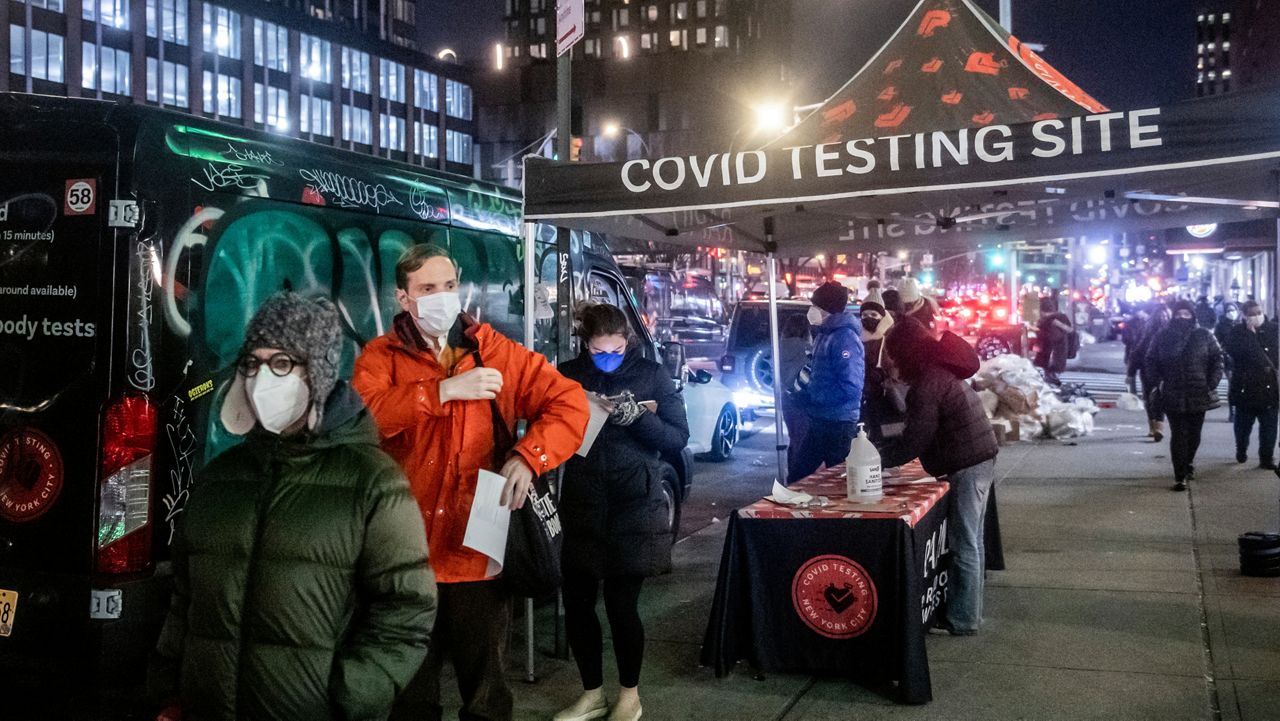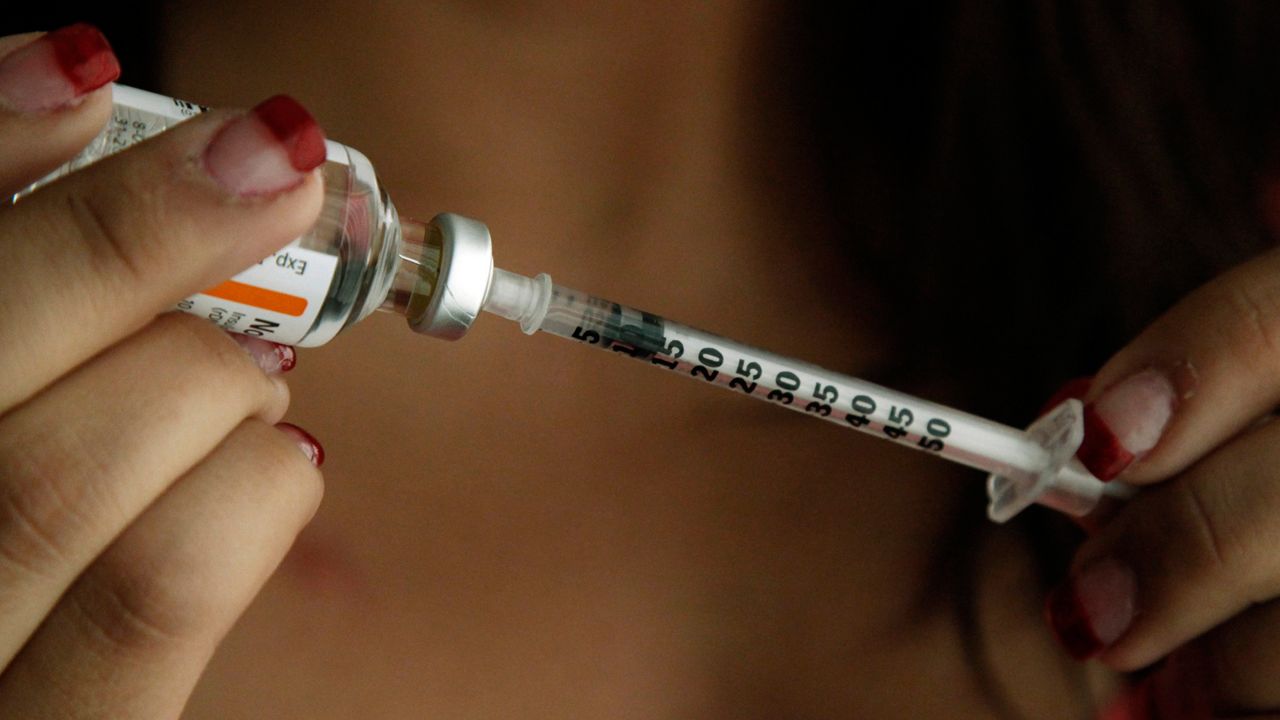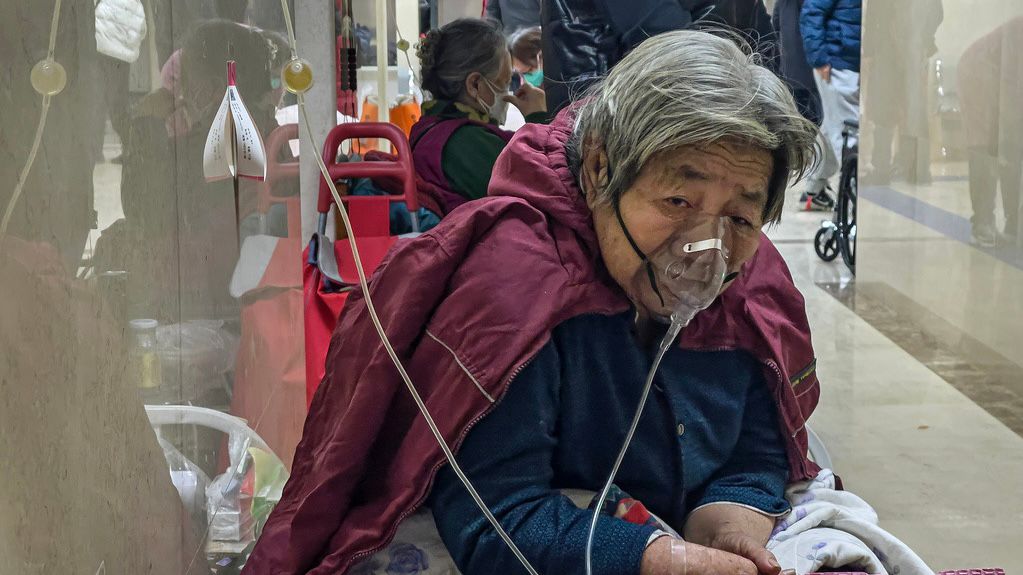A study released Tuesday by the Centers of Disease Control and Prevention (CDC) suggests that the omicron variant has a shorter incubation period compared to other coronavirus strains, but those reinfected may experience more mild symptoms.
The study, published in the CDC’s Morbidity and Mortality Weekly Report (MMWR), looked at a very small cluster of six people in a single household, ranging in age from 18 to 48, including one who was unvaccinated and recently returned from a trip to Nigeria.
Five of the people were previously infected with previous coronavirus strains; the sixth person reported mild upper respiratory symptoms in November 2020, just before other members of the household were sick with COVID-19, but received a negative PCR test result.
Just one person in the house was fully vaccinated — with the Pfizer-BioNTech mRNA vaccine — but had not yet gotten a booster shot.
After the 48-year-old man, known as the “index patient” in the study, returned from Nigeria — where he reported having unmasked close contact with a masked, coughing person during an international conference — the other members of his household got sick, and all of the cases were confirmed to be the omicron variant.
The index patient tested negative prior to his return trip to the U.S. on Nov. 21. Nobody in the household reported underlying medical conditions or were immunocompromised, which could diminish vaccine response or increase the risk for severe COVID-19.
The study suggested that the omicron variant may have a shorter incubation period — 72 hours — than previous variants of the disease, which typically took four days or longer.
Observations from the study “suggest a shorter incubation period and a clinical syndrome similar to or milder than that associated with previously described variants in persons who have been vaccinated or previously infected, and add to existing evidence suggesting an increased potential for reinfection,” the authors wrote.
It also appears to show that the new variant may cause more mild symptoms and less severe disease, particularly in those who have been previously infected.
None of the six people required hospitalization for COVID-19. None of the five who were reinfected experienced a loss of taste or smell — compared to four of them who described experiencing such symptoms during their first infection. Only two had fever, compared to four during their first bout with COVID-19.
The person without a previous infection experienced cough, joint pain, congestion, fever and chills.
“It is unknown whether the mild clinical syndromes or differing symptom descriptions are a result of existing immunity or altered clinical features associated with Omicron infection,” the authors of the study wrote.
“The five reinfections, including one after full vaccination, might be explained by waning immunity, the potential for partial immune evasion by Omicron, or both,” the authors added, noting that the study was “limited by small sample size.”
"More data will be needed to fully understand the epidemiology of the Omicron variant,” they wrote.








